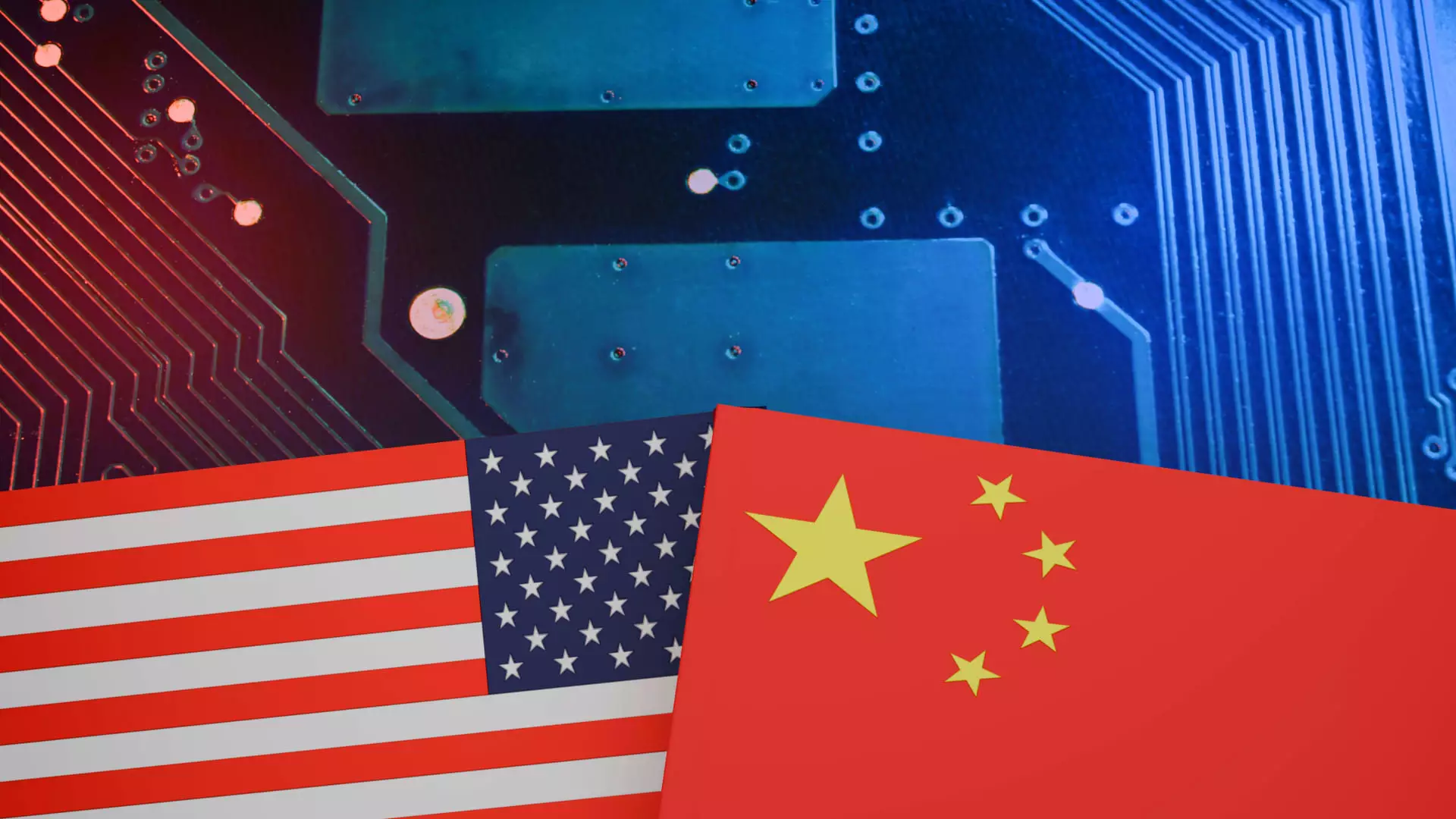China has recently implemented new guidelines that will phase out U.S. processors in government computers and servers, a move that is set to have significant implications for chip manufacturers like Intel and AMD. The Financial Times reported on Sunday that these procurement guidelines, introduced on Dec. 26, will prioritize Chinese alternatives for processors, operating systems, and database software in government agencies above the township level.
The decision to phase out U.S. processors comes at a time when tensions between China and the United States regarding technology are escalating. The U.S. has placed restrictions on exports to China, particularly in the semiconductor industry, amid concerns that advanced chips could be used for military purposes. This move by China can be seen as a response to these restrictions, as it aims to boost its domestic semiconductor industry and reduce its reliance on foreign technology.
Companies like Intel and AMD are likely to be impacted by China’s new guidelines, as they will now face challenges in selling their processors to government agencies in the country. The ban on U.S. processors could lead to a significant loss of market share for these companies in China, which is a major consumer of semiconductor technology.
China’s efforts to develop its domestic semiconductor industry have been ongoing for several years, with companies like Huawei and SMIC facing sanctions from the U.S. that restrict their access to advanced technology. The inability of SMIC to obtain critical equipment for chip manufacturing from firms like ASML has pushed China to invest in developing its own chip equipment manufacturing capabilities.
The shift towards Chinese alternatives for processors and operating systems in government computers could have wider implications for the global semiconductor market. It may lead to increased competition for U.S. chip manufacturers and a boost in revenues for Chinese equipment makers. As China continues to strengthen its semiconductor industry, it could potentially challenge the dominance of U.S. companies in this key technology sector.
China’s new guidelines that phase out U.S. processors in government computers signal a significant shift in the country’s approach to semiconductor technology. The move reflects China’s desire to reduce its dependence on foreign technology and promote its domestic semiconductor industry. This development is set to have far-reaching implications for U.S. chip manufacturers, as they navigate the changing landscape of the global semiconductor market.


Leave a Reply